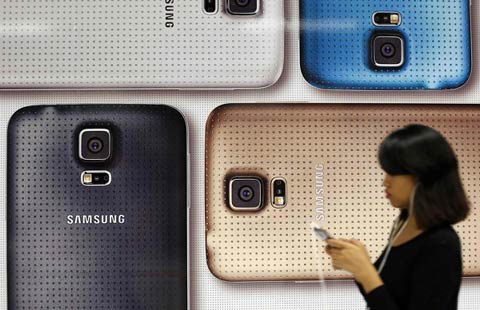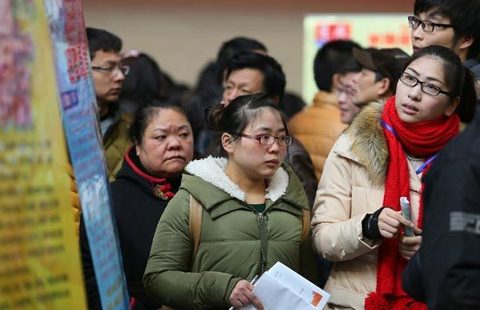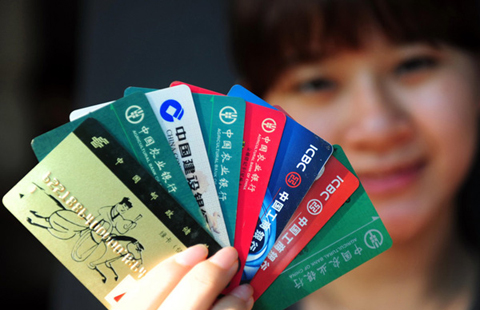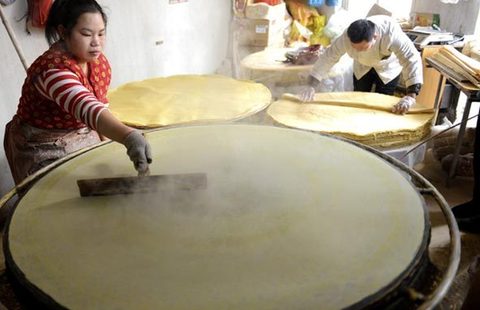Central bank makes pre-holiday cash injection
(Xinhua) Updated: 2015-02-10 15:24BEIJING - China's central bank has injected funds into markets through reverse repurchase agreements (repos) in an effort to meet rising cash demand before the Lunar New Year holiday.
The People's Bank of China (PBOC), the central bank, pumped 80 billion yuan ($13.05 billion) into the money markets on Tuesday through 14-day and 21-day reverse repos, a process in which central banks purchase securities from banks with an agreement to resell them at future dates.
The 14-day reverse repo was priced to yield 4.1 percent, while that of the 21-day reverse repo was 4.4 percent, according to a statement on the PBOC website.
In Tuesday's interbank market, the benchmark overnight Shanghai Interbank Offered Rate (Shibor), which measures the cost at which Chinese banks lend to one other, climbed by four basis points to 2.852 percent.
The central bank has stepped up the level of cash injection amid concerns about funding availability in the interbank system, especially with the approaching high demand before the Lunar New Year holiday.
China's financial markets and business operations will be closed from Feb 18 to 24 for the Lunar New Year holiday, when a surge in cash demand is expected because of travel expenses and holiday shopping.
Meanwhile, the market is experiencing tighter liquidity as 2.3 trillion yuan is expected to be frozen by equity IPO subscription this week.
Last week, the central bank cut the amount of cash that banks must hold as reserves, which could inject 650 billion yuan into the markets, according to estimates by US investment bank JP Morgan and some Chinese institutions.
- New Zealanders tend to online shopping from China: analysis
- Chinese subway trains in service for Rio Olympics
- China's Jan trade tumble may prove short-lived
- January inflation at 5-year low, prompting further policy easing
- Experts say 'Maritime Silk Road' will stimulate economic potential of developing countries
- CRCC files for compensation over suspended Mexico rail project
- The timeline of Qualcomm fine
- Audi continues sales growth in Jan

















